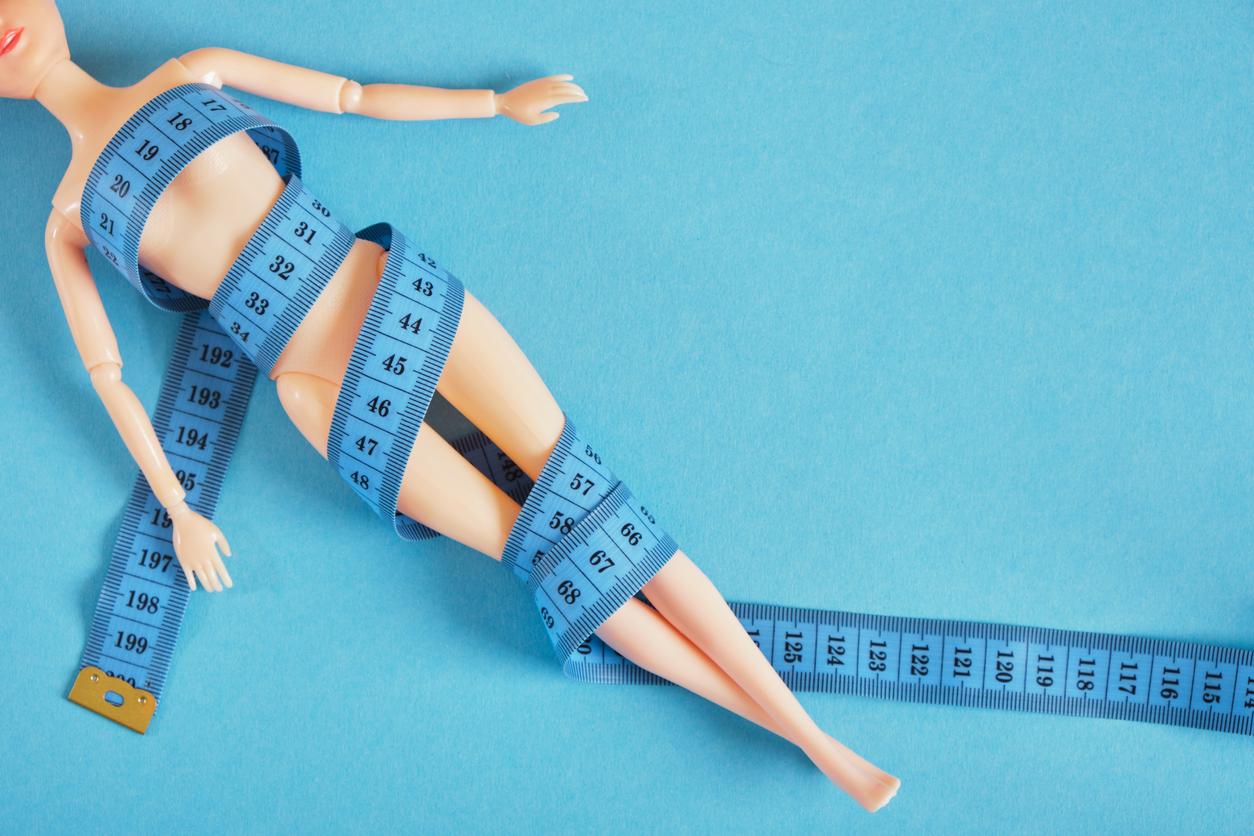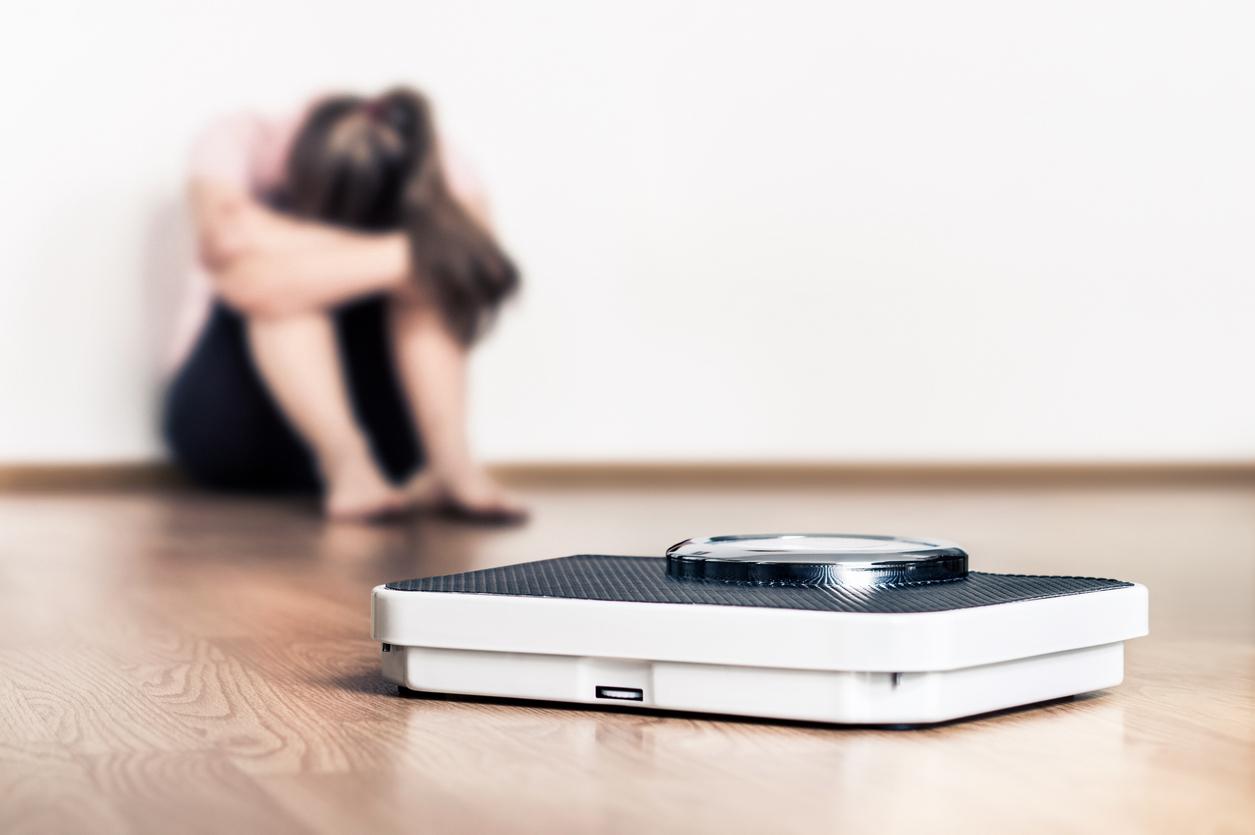Sensory isolation, induced by floatation therapy, could be a promising treatment for anorexia nervosa.

- Floatation therapy consists of entering an airtight container and letting yourself be carried away by warm, salty water.
- Being completely cut off from one’s senses, twice a week, helped improve the body image of women affected by anorexia nervosa.
- This treatment also led to a reduction in anxiety in patients.
Let yourself be carried away by lukewarm water loaded with Epsom salt in an airtight box, this is the principle of flotation therapy. It allows you to be isolated from noise, light and humidity and thus to be completely cut off from your senses, which promotes deep relaxation. This state of relaxation would help reduce stress, fatigue, sleep disorders and improve concentration and memory skills. Recently, researchers from the Oxley College of Health Sciences at the University of Tulsa (United States) found that this therapy was effective in people with anorexia nervosa, “a psychiatric disorder with one of the highest mortality rates.”
Floatation therapy: eight one-hour sessions over four weeks
To achieve this discovery, they carried out a study, the results of which were published in the journal EClinicalMedicine. As part of the work, 68 girls and women hospitalized due to anorexia nervosa were recruited. Some participants received eight sessions of floatation therapy, which lasted 60 minutes, over four weeks. The other volunteers followed standard treatments for the same duration. “The primary outcome was change in body dissatisfaction before and after therapy. The secondary outcome was change in anxiety,” the team said.
Improved anxiety and body image with floatation therapy
Results showed that patients hospitalized for anorexia nervosa and who received floatation therapy reported immediate and repeated reductions in body image dissatisfaction and improvements in anxiety compared to a control group of people admitted to hospital for anorexia nervosa, whose symptoms remained unchanged. Additionally, improvements in body image among women who had floatation therapy persisted after treatment and lasted for up to six months. “There were no adverse events related to the intervention during the study,” can we read in the research.

Anorexia: “new forms of treatment for eating disorders”
“These findings also pave the way for new forms of treatment for eating disorders that, in conjunction with traditional treatments, could help alleviate features of anorexia nervosa that are more difficult to treat, such as body image (…) The significant reductions in anxiety induced by therapy in these patients suggest that this tool presents a powerful opportunity to treat anxiety disorders by non-pharmacological means in anorexia nervosa. Further research is needed to examine the anxiolytic effects of floatation therapy in other disorders”, declared Emily Choquetteclinical psychologist, and Sahib Khalsa, director of clinical operations at the Laureate Institute for Brain Research (LIBR) in Tulsa, who participated in this study.

















